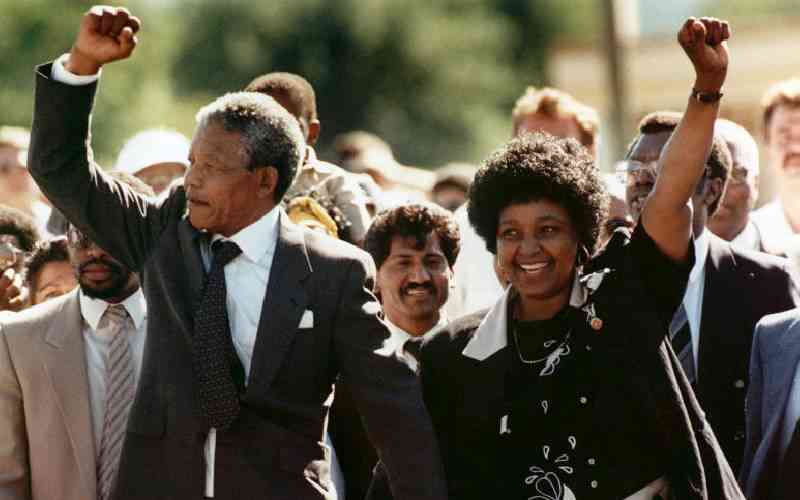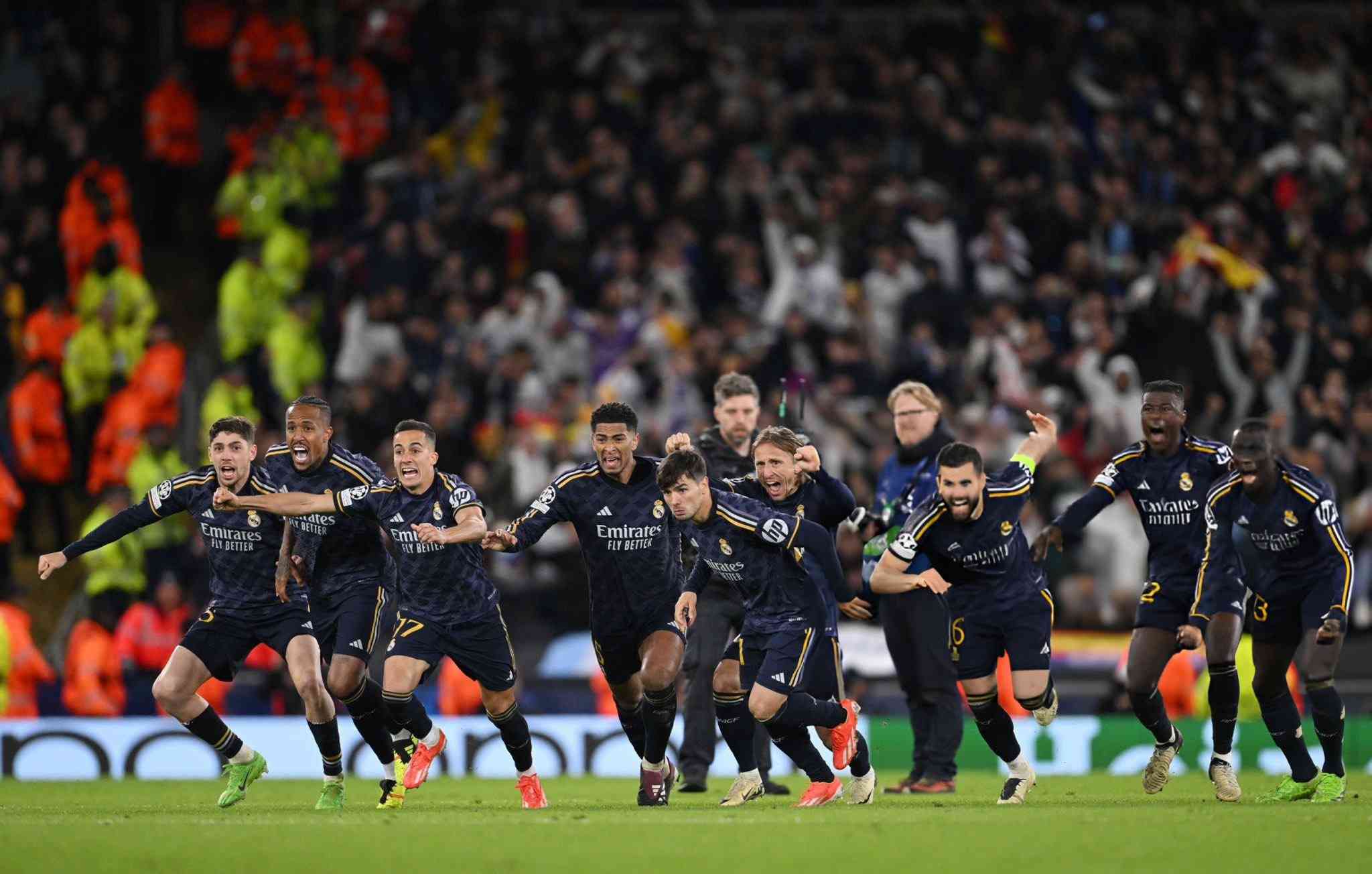“Where is the Palestinian Mandela?” is a question I have often heard from Israel’s defenders. What they are really asking is where is the Palestinian equivalent of Nelson Mandela – a man who, they believe, offered only olive branches and dialogue; a man who adored his oppressor so much that he was prepared to forgive and reconcile with them unconditionally?
Israel’s lobbyists have resurrected my grandfather as a liberal pacifist who benevolently made peace with his enemies. To reduce the life of Rolihlahla (Nelson Mandela’s middle name, meaning “the uprooter”) to a reconciler is a deliberate distortion of his legacy.
Mandela was a freedom fighter, dedicated to resisting oppression and restoring dignity. The form of resistance that he advocated was determined by the oppressor. “It is useless and futile for us to continue talking peace and non-violence against a government whose reply is only savage attacks,” Mandela warned in May 1961, seven months before he became the first commander of the newly-formed armed wing of ANC.
Yet, when Israel’s supporters talk about Mandela, they focus exclusively on his message of dialogue and reconciliation. Consequently, the story of Madiba and South Africa’s transition to democracy has been reduced to a fairytale of forgiveness, rather than a long, hard chronicle of justice and freedom. Dialogue, forgiveness and reconciliation should be put back into its proper context and place in Mandela’s story.
Mandela’s cause was not peace and reconciliation; it was justice and liberation. Reconciliation and forgiveness only came after liberation was achieved. Before that, Nelson Mandela considered any kind of “reconciliation” with the oppressor as submission and a weapon of co-option to blunt the liberation movement.
South Africans were never asked to make peace with our oppressors before our liberation was achieved. Asking South Africans to engage in dialogue with the apartheid government within the context of a brutal police state characterised by relentless dispossession and violent crackdowns on protest was asking us to collaborate with our oppressors. The world never asked - or expected – this of South Africans, yet it is demanded of Palestinians who live under the same – if not worse - conditions. Mandela the forgiver is especially adored by Israel’s lobbyists. They love recounting how he offered dialogue – never armed struggle - after being released from prison. “The factors which necessitated the armed struggle still exist today. We have no option but to continue. We express the hope that a climate conducive to a negotiated settlement will be created soon so that there may no longer be the need for the armed struggle,” Mandela said on the day he was released from prison.
Mandela did not continue with negotiations while black South Africans were being violently dispossessed and persecuted, or while our liberation leaders were being imprisoned, tortured and assassinated. “The carrying on of negotiations and rhetoric on peace while at the same the government is conducting a war against us is a position we cannot accept,” Madiba declared at the then OAU in September 1990.
There were basic conditions that needed to be met before Mandela began negotiations. These included an end to the dispossession and state-sponsored violence against black South Africans, the release of political prisoners, and the return of exiles. When Palestinians ask for the same conditions before they come to the negotiation table, they are called unreasonable and stubborn. Israel’s advocates have convinced themselves that Palestinians are the opposite of what Mandela stood for. Whenever Palestinians resist Israeli co-option, they are told that Madiba would never have behaved like that. We need Nelson Mandela more than ever in Palestine-Israel - not to preach about forgiveness and reconciliation - but to craft political solutions rooted in justice and dignity.
-The writer is an MP in South Africa and the grandson of Nelson Mandela. This edited version first appeared on the Al-Jazeera website.
 The Standard Group Plc is a
multi-media organization with investments in media platforms spanning newspaper
print operations, television, radio broadcasting, digital and online services. The
Standard Group is recognized as a leading multi-media house in Kenya with a key
influence in matters of national and international interest.
The Standard Group Plc is a
multi-media organization with investments in media platforms spanning newspaper
print operations, television, radio broadcasting, digital and online services. The
Standard Group is recognized as a leading multi-media house in Kenya with a key
influence in matters of national and international interest.
 The Standard Group Plc is a
multi-media organization with investments in media platforms spanning newspaper
print operations, television, radio broadcasting, digital and online services. The
Standard Group is recognized as a leading multi-media house in Kenya with a key
influence in matters of national and international interest.
The Standard Group Plc is a
multi-media organization with investments in media platforms spanning newspaper
print operations, television, radio broadcasting, digital and online services. The
Standard Group is recognized as a leading multi-media house in Kenya with a key
influence in matters of national and international interest.






